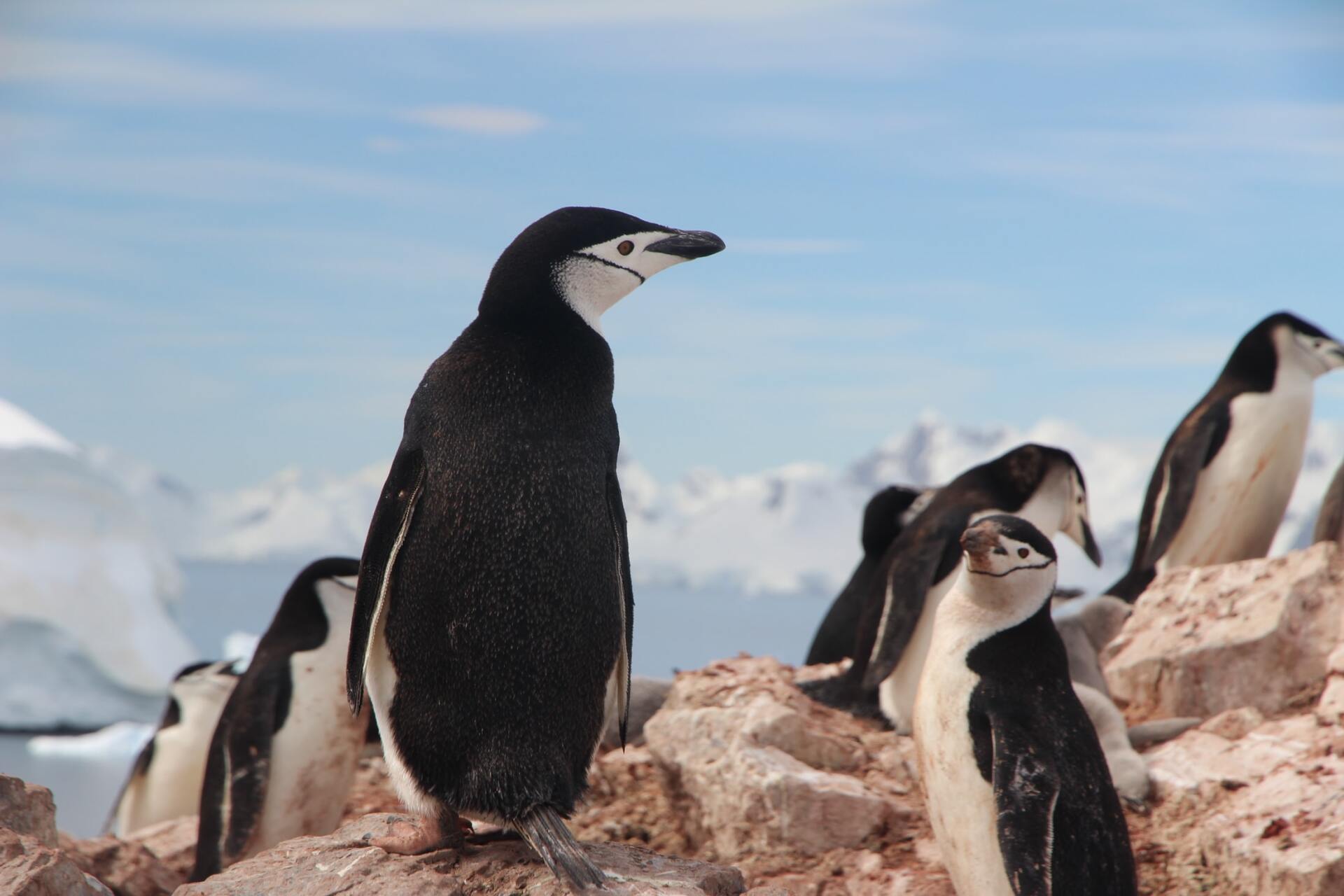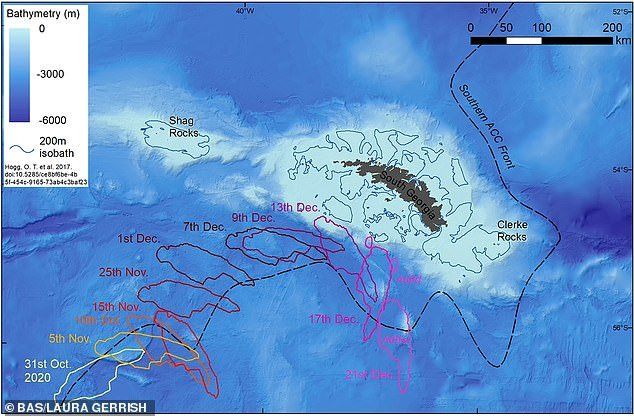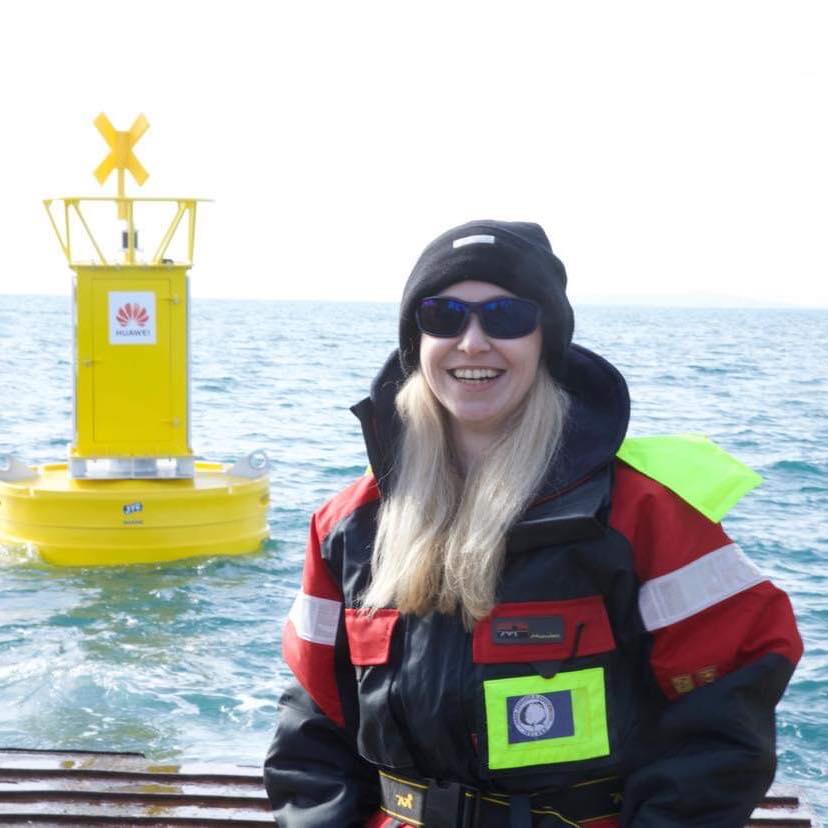ABOUT THE AUTHOR:
Emer Keaveney is a Whale Scientist and a Co-founder of The Ocean Research & Conservation Association of Ireland (ORCA Ireland). Emer holds a BSc., in Zoology and an MSc., in Marine Biology from University College Cork (UCC), Ireland. Emer has pioneered the use of new technology for research as part of Munster Tecnological Universitiy's (MTU), New Frontiers. She is currently leading ORCA Ireland's Cetacean Reseach, including the Smart Whale Sounds Project, in partnership with Rainforest Connection (RFCx) and HUAWEI Ireland under the #Tech4All Programme.



















